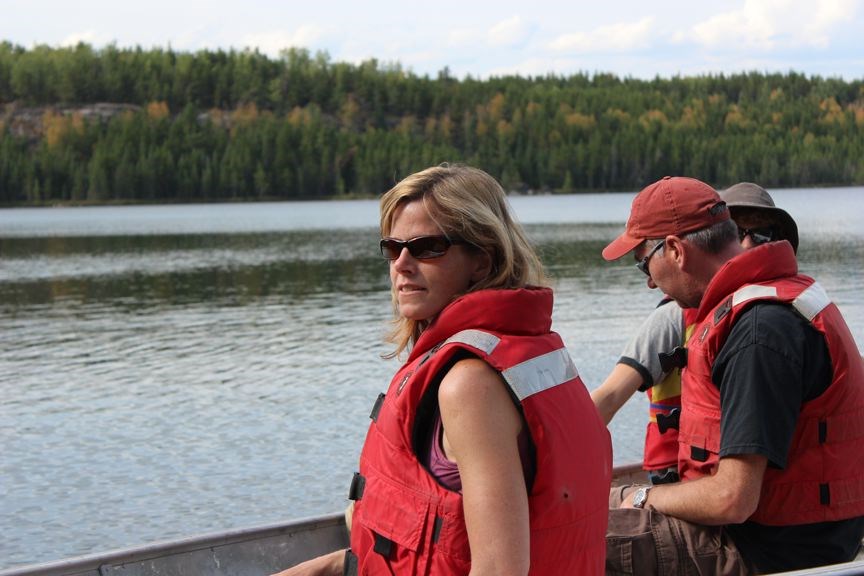Humans are most likely to be exposed to mercury when eating fish, but the expected concentrations can vary dramatically from one fish to another.
A New Brunswick researcher will be in Prince George Monday to talk about mercury concentrations in all types of freshwater fish.
"This presentation will describe the local through global processes that drive mercury in fish, how this contaminant may respond to climate change, and what we still do not understand about its fate in fresh waters," said Karen Kidd, who will guest lecture at the University of Northern B.C.
"I will describe our comparisons of lake ecosystems from the Arctic and temperate regions of Canada and put this research into a global context," she said in a statement.
The heavy metal "is known to affect the nervous system and reproduction in fish-eating wildlife and humans, and the fish themselves," the event posting said.
A number of human activities including creating reservoirs, electricity generation and gold mining effect the levels of mercury concentration.
Each can cause local contamination.
Scientists also turn to the traits of the fish themselves, like growth, diet and life-span to predict the likelihood of mercury as well as an ecosystem's makeup.
In January 2013, a global treaty was signed to tackle environmental and health problems caused by mercury.
"As it comes into effect, scientists say we should see declines in mercury in fish and reductions in risks to fish consumers, but the rate of this decline is unclear," the event release said.
The talk, organized by the Natural Resources and Environmental Studies Institute, is at 7:30 p.m. on Monday in room 7-212.



